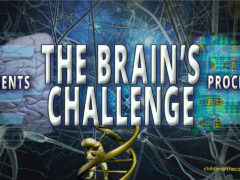This is the first in a series of posts that explores the brain processing issues underlying difficulties in learning to read. In this post we focus on ‘processing stutters’ and their relationship to ‘processing speed’. We also establish the ‘speed of language’ as a baseline for understanding the processing speed demands of reading.

